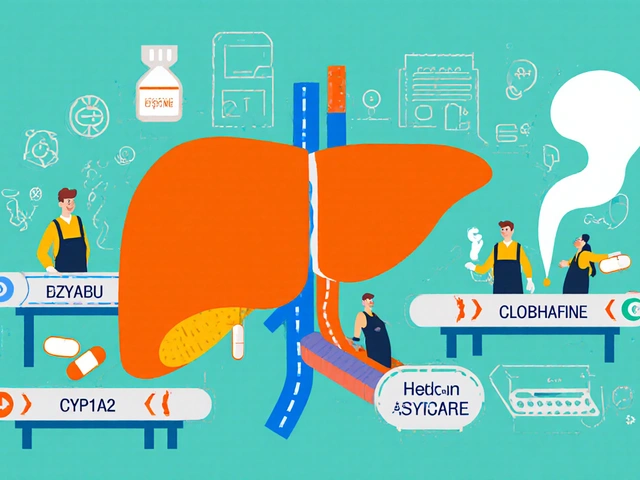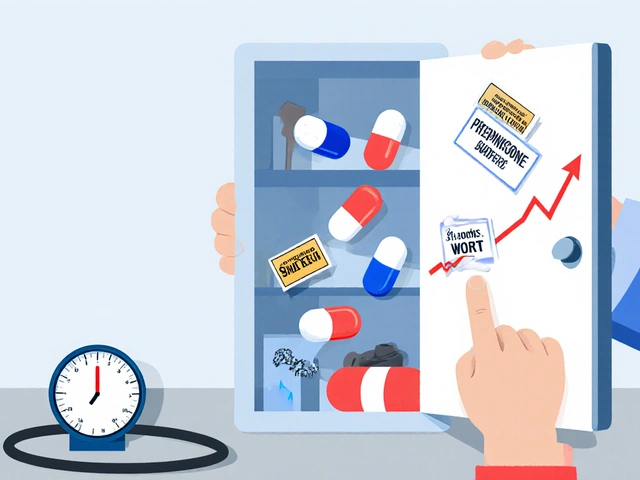Chronic Diarrhea
When dealing with chronic diarrhea, the medical term for loose or watery stools lasting four weeks or more. Also known as persistent loose stools, it can disrupt daily life, cause nutrient loss, and signal underlying health issues.
One major related condition is Infectious Diarrhea, diarrhea caused by bacteria, viruses, or parasites that invade the gut. Another common link is Antibiotic-Associated Diarrhea, loose stools that appear after taking antibiotics, often due to disruption of normal gut flora. A third key player is Irritable Bowel Syndrome, a functional bowel disorder that can include chronic diarrhea as a primary symptom. All three entities can feed into each other—an infection may require antibiotics, which then alter gut bacteria and trigger IBS‑like symptoms.
Common Causes and How They Interact
Understanding chronic diarrhea starts with spotting the cause. Infectious agents such as Clostridioides difficile, norovirus, or Giardia are frequent culprits, especially after a recent travel or a course of antibiotics. When antibiotics wipe out good bacteria, opportunistic germs like C. diff can flourish, leading to antibiotic‑associated diarrhea. This situation often overlaps with IBS, because the gut’s nerve‑muscle coordination can become hypersensitive after repeated bouts of infection or inflammation.
Dehydration is another hidden factor. Persistent watery stools steal fluids and electrolytes, which can worsen stool frequency and cause fatigue, dizziness, and even kidney strain. Keeping a close eye on fluid intake, especially after a bout of infection, is vital to break the cycle. A simple rule of thumb: aim for at least eight glasses of water a day, and consider oral rehydration solutions if you notice cramping or light‑headedness.
Once the trigger is narrowed down, treatment pivots to three pillars: rehydration, gut‑restoring strategies, and symptom control. Oral rehydration salts restore electrolytes fast, while probiotic supplements help repopulate beneficial bacteria after antibiotics. For IBS‑related chronic diarrhea, low‑FODMAP diets and antispasmodic meds often bring relief. The key is a personalized plan—what works for an infection‑driven case may differ from a diet‑related IBS episode.
Below you’ll find a curated list of articles that dive deeper into each of these angles—whether you’re trying to identify an infection source, manage antibiotic side effects, or adjust your diet for IBS. The resources break down symptoms, offer practical tips, and link you to the latest research, giving you a solid roadmap to tackle chronic diarrhea head‑on.

How Chronic Diarrhea Affects Relationships and Intimacy
Discover how chronic diarrhea can strain relationships and intimacy, and learn practical communication, diet, and medical strategies to keep love thriving.
View More




